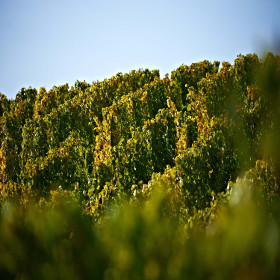Winery Wolf-Deiss
With wine, one connects culture, passion and way of life.
We would like to enrich your life with the enjoyment of our high quality wines. Our young dynamic winery has set itself the goal to produce fruity-fresh wines with harmonic elegance and clarity.
The careful vinification produces very digestible wines.
Convince yourself and visit our wine shop.
English speaking visitors are welcome.















